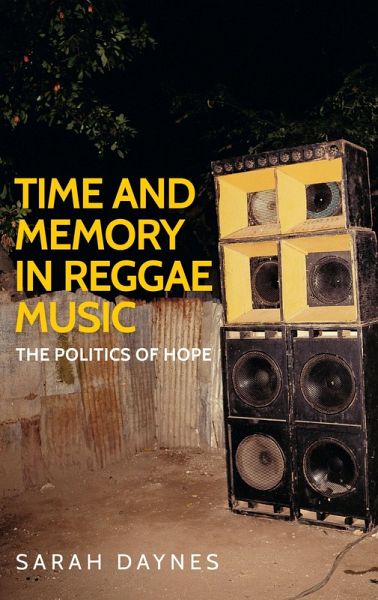
Time and memory in reggae music (eBook, ePUB)
The politics of hope

PAYBACK Punkte
9 °P sammeln!
On the basis of a body of reggae songs from the 1970s and late 1990s, the author offers a sociological analysis of memory, hope and redemption in reggae music.
Dieser Download kann aus rechtlichen Gründen nur mit Rechnungsadresse in A, D ausgeliefert werden.













